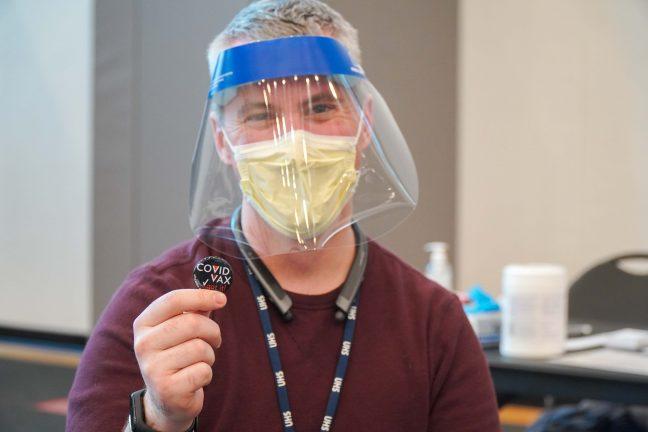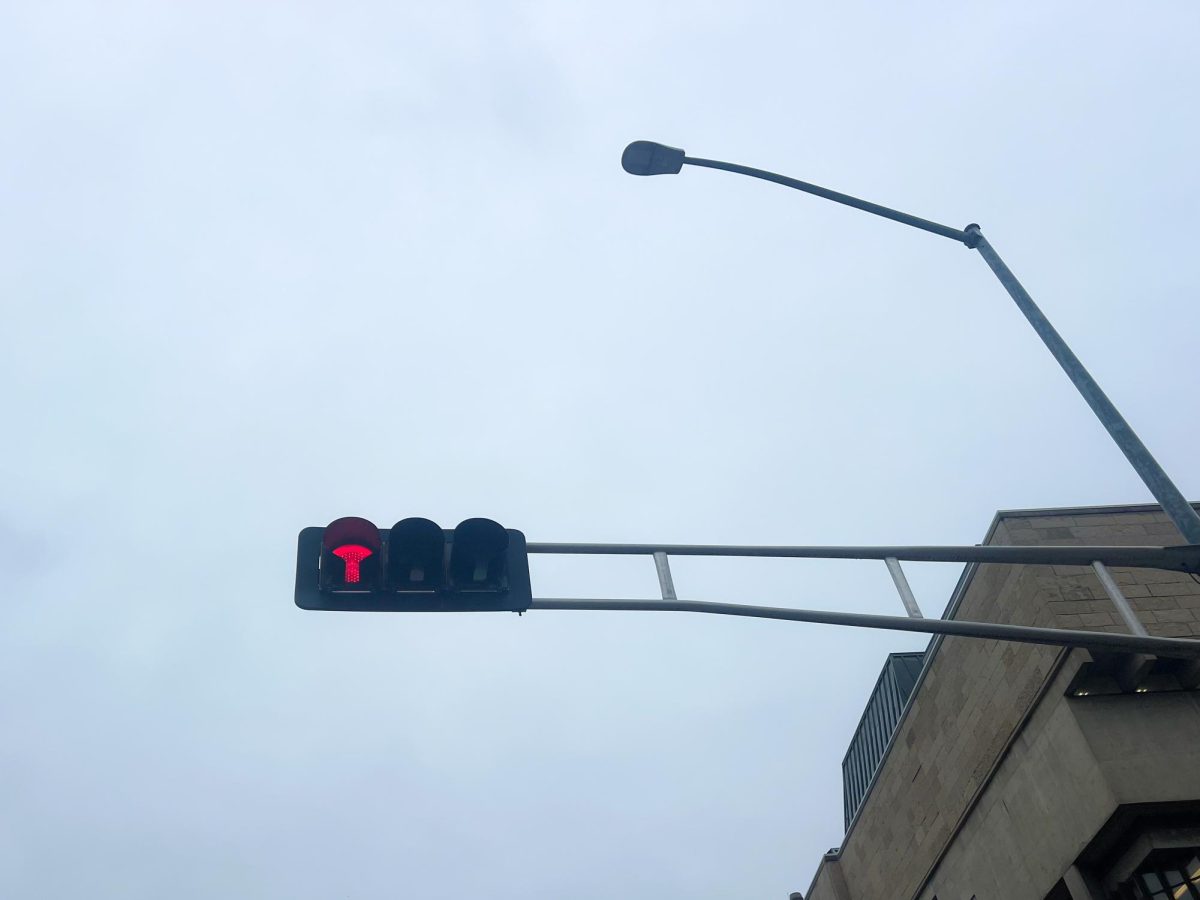University Health Services is working with University of Wisconsin Health to encourage the UW and Madison community to get vaccinated as Omicron continues to spread and students return to in-person classes.
In 2021, the Wisconsin Department of Health Services designated UW Health the “regional distribution hub” for vaccine distribution as Pfizer vaccine doses became more available that year. In partnership with the Wisconsin DHS, UW Health is responsible for distributing the Pfizer vaccine to health systems and care facilities in the region.
UW Health is an “excellent” candidate as a Pfizer vaccine distribution hub because of its unique capacity to refrigerate, store and deliver them, UHS Associate Vice Chancellor Jake Baggott said.
Baggott said this relationship between UW health and UHS is mutually beneficial.
“We’re all part of the same community, and we work very collaboratively,” Baggott said.
In an email statement to The Badger Herald, UW spokesperson Meredith McGlone said students can provide input on matters related to COVID-19 to the COVID-19 Student Advisory Board.
The advisory board comprises 12 students and meets roughly every three weeks. According to McGlone, some have transitioned off the group, leaving it as six members. Student Affairs has reached out to the Associated Students of Madison to request nominations to the board, McGlone said.
Those interested in serving on the advisory board may contact [email protected] or ASM shared governance [email protected].
Students look for inclusivity, shared governance, accessibility in next UW chancellor
So far, UW has not considered a threshold for COVID-19 cases that would make it pivot to online instruction, McGlone said. But as UW has done throughout the pandemic, McGlone said UW looks at multiple factors for moving classes online.
In addition, UHS is confident the university will operate in person throughout the spring semester, according to Baggott.
“Our protocols helped us have a safe and successful campus operation last fall, and we have every confidence we will continue to be able to do that throughout the spring,” Baggott said.
UHS intended to speed up broad community vaccine authorization by sharing and communicating with community-based distributors, Baggott said. While UHS does not control vaccine authorization, it worked with community partners when vaccines first started rolling out in early 2021 to provide COVID-19 vaccines to eligible people.
As UW enters its fifth semester responding to the COVID-19 pandemic, Baggott said growing familiarity with COVID-19 response protocols has allowed for greater diversity of options for vaccination and information, driving more students off of campus for their booster shot. UHS is not offering Moderna booster shots and recommends students visit off-campus locations for a third dose of Moderna.
Students can get booster shots on or off campus and should document their booster vaccination on their MyUHS account. Baggott said many students who are boosted do not document their status, restricting a complete understanding of the booster shot’s effectiveness in the community.
“We have documentation to show there are very strong numbers [of booster shots],” Baggott said. “But we know there’s a lot more out there.”
Editor’s Note: This story was updated Feb. 2 at 9:12 a.m. to clarify UHS’s role in its collaborations with community partners in early 2021.














